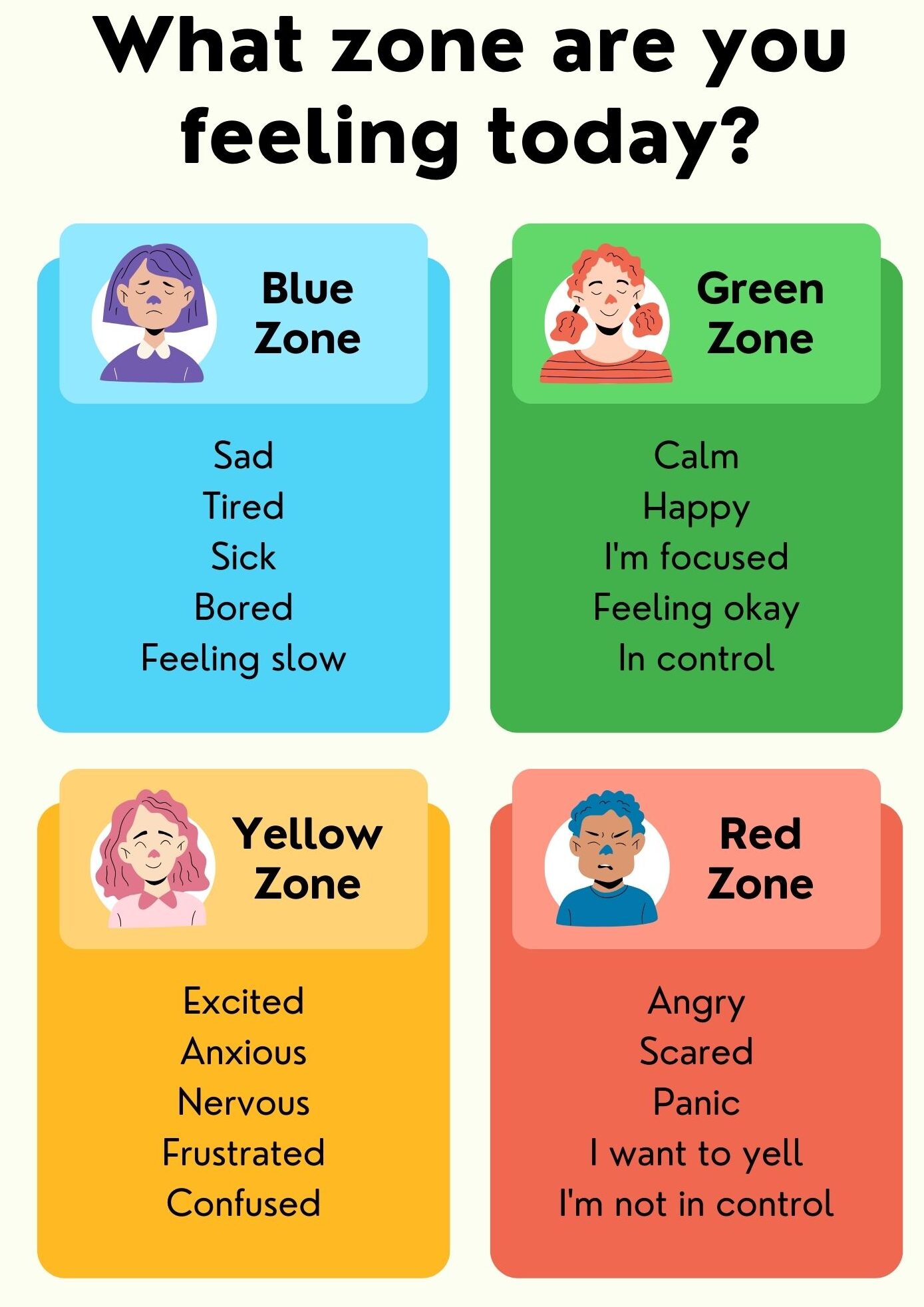Pregnancy is a time of great joy, expectation, and wonder as you are about to bring a new life into the world.
From feeling the FIRST FLUTTER of tiny kicks to IMAGINING THE FUTURE with your child, each moment is filled with happiness and excitement.
These feelings are truly incomparable.
However, during the period of happiness, pregnancy also brings challenges, including mood swings that catch you off guard.
These mood swings are quite stressful and lead you to ask: How to cope with mood swings in pregnancy?
Today, in this article, we are going to discuss some effective ways to cope with mood swings during pregnancy.
So, without wasting a minute, let’s advance towards it!


How To Cope with Mood Swings in Pregnancy?
Mood swings during pregnancy are common and can be attributed to a combination of hormonal fluctuations, physical discomfort, and the stress of impending parenthood.
Coping with these mood swings is essential for the well-being of both the expectant mother and her baby.
Let’s discuss some effective strategies for managing these fluctuations.
Understanding the Cause
During pregnancy, your body undergoes significant HORMONAL CHANGES to support the growth and development of the fetus.
- These changes can lead to fluctuations in hormone levels, particularly estrogen and progesterone. These hormones, in turn, affect neurotransmitters in the brain that are responsible for regulating mood.
- With that, pregnancy often brings about physical discomfort, frequent urination, and hormonal changes that can disrupt sleep patterns, leading to fatigue and irritability.
- Symptoms such as nausea, heartburn, back pain, and swelling can be physically taxing and contribute to feelings of irritability and moodiness.
- Changes in body shape and weight gain during pregnancy can impact self-esteem and body image, triggering mood swings.
- Also, pregnancy, especially for first-time mothers, can bring about worries related to childbirth, pregnancy loss, parenting, financial concerns, and changes in lifestyle, contributing to stress and anxiety.
By understanding the root causes of mood swings, you can better cope with these fluctuations.
NOTE: It’s essential to differentiate between typical mood changes associated with pregnancy and more concerning symptoms that may indicate a need for professional involvement.


Self-Care Practices
Certainly! Self-care practices are essential for pregnant women to manage mood swings effectively during this significant life stage.
Pro Tip: Establishing self-care routines during pregnancy not only helps in coping with immediate mood swings but also sets the foundation for healthy habits that can be beneficial postpartum and beyond.
These include:
- Gentle exercise, prenatal yoga, and low-impact activities like walking are recommended.
- Adequate rest through consistent sleep routines and napping combats fatigue.
- Nutrition-wise, a balanced diet with a focus on essential nutrients and staying hydrated are crucial.
Every pregnancy is unique, and what works for one person may not for another. So, it is essential to encourage yourself to listen to your body and find activities that resonate with it.
Practice Stress Management Techniques
The hormonal changes, physical discomforts, and emotional adjustments that accompany pregnancy can often lead to increased STRESS LEVELS.
Therefore, stress management during pregnancy is crucial not only for coping with mood swings. But also for the well-being of both the expectant mother and her baby.
The best stress-relief methods suitable for pregnant women include:
- Breathing exercises
- Meditation
- Yoga
Deep Breathing Exercises
Deep breathing exercises, also known as diaphragmatic or belly breathing, involve taking slow, deep breaths to activate the body’s relaxation response.
This technique helps reduce the PSYCHOLOGICAL SYMPTOMS of stress by calming the nervous system.
You can practice deep breathing by,
- Sitting or lying down comfortably
- Place one hand on the abdomen and the other on the chest
- Inhale deeply through the nose, allowing the abdomen to expand
- Exhaling slowly through the mouth while focusing on releasing tension
Doing this promotes relaxation and reduces stress.
Meditation
Meditation involves focusing the mind on the present moment and promoting relaxation. You can benefit from meditation not only during the pregnancy but also in your daily routine to lessen stress and anxiety.
Meditation techniques vary and can include:
1. Guided Imagery
Guided imagery involves visualizing peaceful and calming scenes or experiences guided by an instructor or recorded audio.
This technique aims to induce relaxation and positive emotions.
2. Body Scan Meditation
Body scan meditation involves focusing attention on different parts of the body, usually starting from the toes and moving upwards, while consciously relaxing each part.
It helps in increasing body awareness, releasing tension, and promoting relaxation throughout the body.
3. Mindfulness Meditation
Mindfulness meditation involves being fully present and aware of the present moment without judgment.
Practitioners often focus on their breath, bodily sensations, or external stimuli to anchor their attention.
This technique helps improve mindfulness, reduce stress, and enhance overall well-being.
Taking just a few minutes each day to sit quietly, focus on breathing, and observe thoughts without judgment can help you manage stress more effectively.
Yoga
Prenatal yoga combines gentle stretching, breathing exercises, and relaxation techniques to support physical and emotional well-being during pregnancy.
Yoga poses specifically designed for pregnant women help reduce muscle tension, improve circulation, and promote relaxation.
NOTE: However, you should consult with their healthcare provider before starting any new exercise, including yoga, to ensure it’s safe for them and their baby.


Get Plenty of Sleep
As mentioned earlier, significant hormonal fluctuations occur during pregnancy.
These hormonal changes can AFFECT SLEEP QUALITY by causing frequent awakenings, difficulty falling asleep, or experiencing vivid dreams.
As the pregnancy progresses, physical discomfort, such as:
- Back Pain
- Frequent Urination
- Leg Cramps
- Heartburn
- Nasal Congestion
Can make it challenging to find a comfortable sleeping position.
Additionally, the growing abdomen may make it difficult to find a comfortable sleeping position, resulting in sleep deprivation.
Sleep deprivation can lead to irritability, moodiness, and increased emotional sensitivity, making it more challenging to cope with the hormonal and emotional changes associated with pregnancy.
So, what you can do to cope with this?
Simple! Create a consistent bedtime routine. It signals your body that it’s time to prepare for sleep.
This routine can include taking a warm bath, practicing relaxation techniques like deep breathing or meditation, reading a book, etc.
Related Article: Why Do More Families Prefer Fewer Children? 5 Reasons!


Couples Therapy
Couples therapy, also known as marriage or relationship counseling, is a form of psychotherapy aimed at helping couples resolve conflicts, improve communication, and strengthen their relationship.
When mood swings during pregnancy begin to affect the relationship with a partner, couples therapy can be valuable to handle this challenging time.
Couples therapy provides a safe and neutral environment where both partners can openly express their feelings, concerns, and frustrations without fear of judgment.
Through therapy, you can identify specific triggers that worsen mood swings and understand the patterns of behavior or communication that contribute to relationship strain.
Related Article: How to have effective communication with your partner during pregnancy?


That’s all for today. Now, it’s time to move toward the conclusion.
Conclusion
So, how to cope with mood swings in pregnancy. You got it, right?
Managing mood swings during pregnancy is essential for the mother’s and her baby’s well-being.
Self-care practices such as gentle exercise, adequate rest, and nutrition contribute to overall well-being during this significant life stage.
Stress management techniques like deep breathing exercises, meditation, and prenatal yoga help improve the emotional and physical strains associated with pregnancy.
With that, seeking professional help when needed ensures proper emotional support.
By implementing these strategies, you can deal with your mood fluctuations with greater ease.
I hope you find this post quite helpful.
If you really love this post, don’t forget to share it with your friends.


